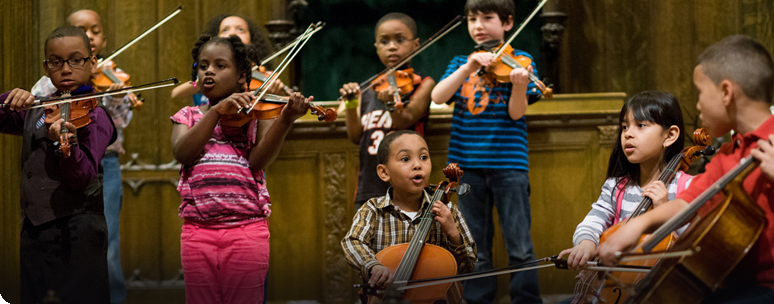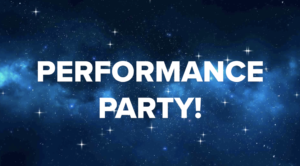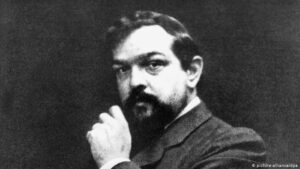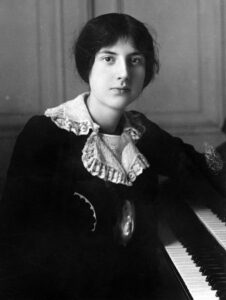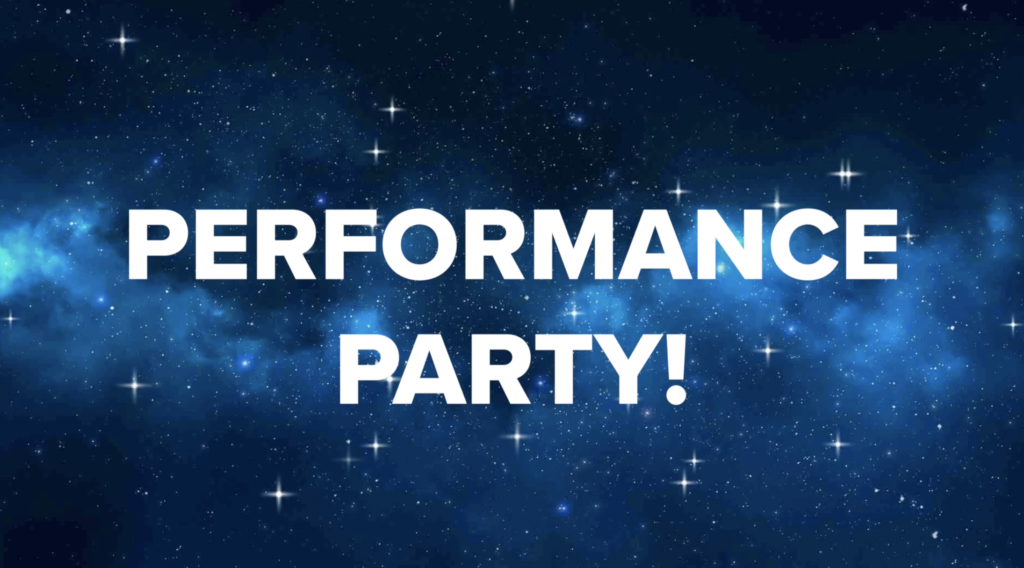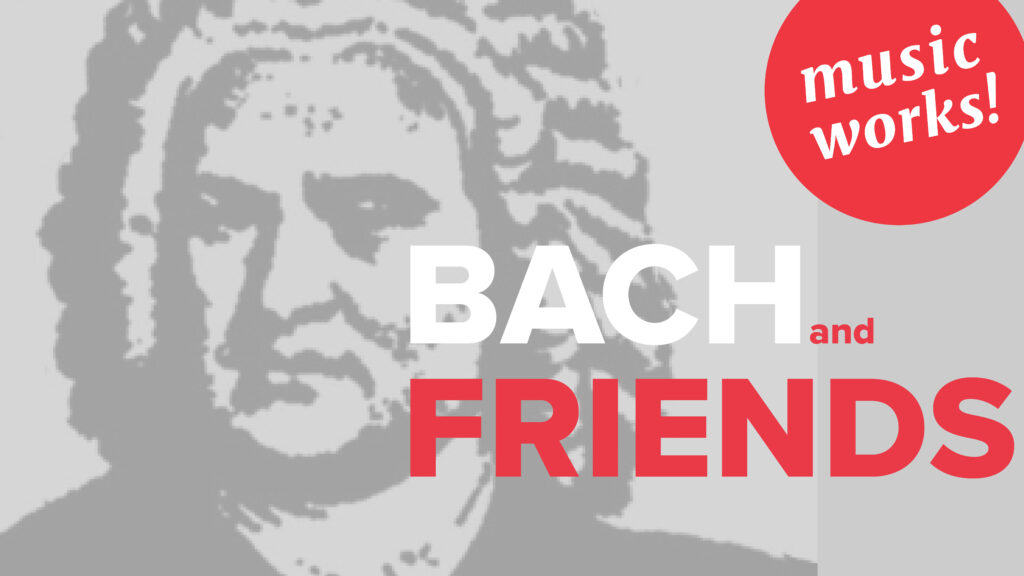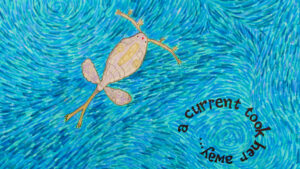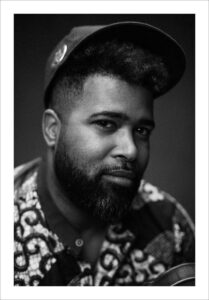George Benjamin, composer
English composer and conductor George Benjamin made his Royal Opera debut in 2013 conducting his opera Written on Skin (text by Martin Crimp), which he returned to conduct in 2017. He returns in the 2017/18 Season with Lessons in Love and Violence, a new work co-commissioned by The Royal Opera, with which he conducts the premiere. Benjamin was born in London. He started composing at the age of seven and studied with Messiaen at the Paris Conservatoire and with Goehr at King’s College, Cambridge. He made his BBC Proms debut aged 20 with Ringed by the Flat Horizon (BBC Symphony Orchestra and Mark Elder). Further compositions include At First Light (London Sinfonietta and Simon Rattle), Palimpsests (London Symphony Orchestra and Pierre Boulez) and the chamber opera Into the Little Hill, which marked the start of his collaboration with Crimp. His compositions have been celebrated through retrospectives at the Barbican, the Southbank Centre and in Paris, San Francisco, Frankfurt, Lucerne, Aix-en-Provence, Aldeburgh and New York, among others. He is an honorary fellow of King’s College, Cambridge, the Guildhall School of Music and Drama, the Royal Academy of Music and the Royal College of Music, and an Honorary Member of the Royal Philharmonic Society. He was appointed a CBE in 2010 and a Commandeur de l’Ordre des Arts et des Lettres in 2015. Benjamin regularly conducts such leading orchestras as the Mahler Chamber Orchestra, Philharmonia Orchestra, Royal Concertgebouw, London Sinfonietta and Ensemble Modern. He has conducted world premieres by composers including Chin, Grisey, Ligeti and Rihm. He regularly teaches at the Tanglewood Festival and is Henry Purcell Professor of Composition at King’s College London. George Benjamin is widely regarded as one of the leading composers of his generation. In 2017 he received a knighthood from the Queen honouring his achievements.
Mario Carro, composer
Born in Madrid in 1979, he starts his musical studies in the Escuela Municipal de Música de Tres Cantos, continuing them in the Conservatorio Superior de Música de Madrid, where he gets a degree in Piano. During this same period, he studies Composition with Jesús Torres. During the past years his music has been more and more frequently showcased in concert halls and festivals in Spain and different European and North and South American countries, through the hands of ensembles and soloists such as the Joven Orquesta Nacional de España, Pierrot Lunaire Ensemble Wien, Plural Ensemble, Ensemble Kuraia, Grupo Enigma, Alea III Boston University, Cuarteto Bretón, Dúo Gelòs-Santes, Dúo 11 Abrazos, Mario Prisuelos, Ricardo Descalzo, Adam Levin, Julián Elvira and Celia Alcedo, among others.This has been aided by the fact that his musical works have won awards in prestigious competitions: “Alea III International Composition Competition” (Boston, 2005), “Labyrinthmaker Plattform” (Wien, 2006) and “Concurso Internacional de Composición Musical Universidad de Zaragoza 2008”. He has also been a finalist on “I Muestra de Jóvenes Compositores del CDMC”, Premios Injuve (Málaga, 2005) and “Hui, Hui, Música” (Valencia, 2008). In 2009 he received the Premio del Colegio de España en París/INAEM, and a monographic concert of his music took place in the French capital. He has received commissions and grants from La Residencia de Estudiantes, INAEM, Comunidad de Madrid and Fundación Canal. He has recently written a piece under the commission of “53 Semana de música Religiosa de Cuenca”. He balances his creative work with teaching at the Escuela Municipal de Música de Tres Cantos.
Piero Guimaraes, percussionist
Percussionist Piero Guimaraes stands at the forefront of a new generation of international performers specializing in orchestral and contemporary music. A native of Brazil, Guimaraes presented the Brazilian premiere of several pivotal works by influential composers including Iannis Xenakis, Steve Reich and Peter Eotvos. Guimaraes concertizes extensively, having made his mark in halls across the United States, Brazil, Austria, Germany, Spain, and Holland. A versatile player, Guimaraes is a frequent participant in orchestral and contemporary music festivals including The World Orchestra, International Ensemble Modern Academy, Pommersfelden Summer Akademy and the Percussive Arts Society International Convention. He has collaborated extensively with living composers, working with John Luther Adams, Heinz Holliger, and Kaija Saariaho to name only a few. Additionally, Guimaraes performs regularly with the Rhode Island Philharmonic Orchestra, Boston Musica Viva, the United States Coast Guard Band and the New Bedford Symphony Orchestra and has performed under the baton of many world-renowned conductors including Maestro Kurt Masur. Guimaraes earned his bachelor’s degree from Sao Paulo State University in Brazil and holds a Master’s and Doctor of Musical Arts degree from Stony Brook University in New York. Guimaraes has performed at such prestigious venues as Merkin Hall, Carnegie Hall, Symphony Space, and Roulette and serves as a core member of the Iktus Percussion and Providence based new music ensemble, Verdant Vibes. Guimaraes and Iktus frequently perform world premieres and have presented master classes in the elite music departments of Oberlin Conservatory, Michigan State University. the University of Michigan, Eastman School of Music, and the University of Wisconsin at Madison. Piero serves as percussion coordinator and faculty member at the Rhode Island Philharmonic Music School and faculty at Rhode Island College and Stonehill College.
EmmaLee Holmes-Hicks, violinist
EmmaLee Holmes-Hicks grew up on an organic farm where as a young girl she presented her first violin performances to a very attentive audience—her flock of merino sheep. As that violin grew from quarter- to a full-size, EmmaLee, with that expressive instrument in hand, made her way onto the stage as soloist with symphonies and then on to Carnegie Hall as a member of the Pangea String Quartet. Armed with a performance degree from the Cleveland Institute of Music and a doctoral degree from SUNY Stony Brook, EmmaLee serves as principal second violinist of the New Bedford Symphony and as a busy chamber player she performs with Verdant Vibes New Music Collective, South Coast Chamber Players, Sycamore Hill Duo and more. She is on faculty at the University of Massachusetts, Dartmouth and the Birch Creek Summer Performance Center. A firm believer that music can move people, quite literally, EmmaLee takes the lead in string bands across New England and in the Midwest where her lively fiddle music drives the spirited old-time dancing. She has played fiddle with the Rusty Pickup String Band since she was ten years old and she has taken many a championship prize at fiddle competitions.
Lara Madden, violinist
Violinist Lara Maria Madden has performed throughout the United States, Europe, Central America and Asia. A dedicated orchestral, chamber, and solo musician, Lara received her formal training at Indiana University and DePaul University. Originally from River Forest, Illinois, Lara began studying the violin at the age of three, and attended Merit School of music during her childhood and teen years. During the summer months she attended festivals including the Meadowmount School of Music, Aspen Music Festival and School, and Music Masters Course Japan. Always musically curious and open to learning, Lara has performed in yoga classes, Baroque operas, musical theater productions, orchestra and chamber concerts, and solo recitals. A committed educator, Lara received her training with Mimi Zweig at Indiana University, and this summer participated in the Summer Music Educators Workshop through Carnegie Hall. Lara is a firm believer in music fostering individual and community wellness, and seeks to spread the joy of music with those around her.
Kareem Roustom, composer
Syrian-American Kareem Roustom is an Emmy-nominated composer whose genre crossing collaborations include music commissioned for the Kronos Quartet, conductor Daniel Barenboim & the West-Eastern Divan Orchestra, the Grant Park Music Festival in Chicago, the Dallas Symphony, & the Grand Teton Music Festival. Roustom is currently composer-in-residence with the Württembergische Philharmonie in Reutlingen, Germany for the 2019 – 2020 seasons, and has been the composer-in-residence at the Grant Park Music Festival (2019) and the Grand Teton Music Festival (2018). Roustom’s music has been performed by orchestras that include the BBC Symphony Orchestra, the Minnesota Orchestra, the Pittsburgh Symphony, the New York Philharmonic, the Württembergische Philharmonie Reutlingen, and at renowned festivals & halls such as the BBC Proms, the Salzburg Festival, the Lucerne Festival, Carnegie Hall, the Verbier Festival, the Pierre Boulez Saal in Berlin, the Teatro Colon in Buenos Aires, as well is in the Near East, Armenia, Jakarta, China and Japan. Roustom’s music has also been recorded by the Deutsches Symphonie-Orchester (Berlin), and the Philharmonia Orchestra (London). In addition Roustom has collaborated with pop-artists such as Shakira, Beyonce, Tina Turner and others. The Chicago Tribune wrote that Roustom is “a gifted and accomplished artist…one of the most prominent active Arab-American composers,” BBC Radio 3 described Roustom’s music as “among the most distinctive to have emerged from the Middle East”, and The New York Times described his music as “propulsive, colorful and immediately appealing.” The Guardian (London) wrote that Roustom’s music is “arrestingly quirky and postmodern…music with lots of personality.” Of his Violin Concerto No. 1, composed for violinist Michael Barenboim, Der Tagesspiegel wrote ““Roustom’s Violin Concerto No. 1, an homage to Mozart’s fascination with Arabic & Turkish music, is not Mozart “alla turca”, but conversely Turkish and North African “alla Vienna”: As far as the vitality, the profound cheerfulness, the dance like dialogue between instruments are concerned, Roustom’s work is infected by Mozart’s élan.”
Kirsten Volness, composer
Internationally recognized composer Kirsten Volness creates sublimely intimate and emotive soundscapes that inspire immersive listening. Through the refined use of electronics and modern composition techniques overlaid with jazz and pop influences, Volness’s music is both groovy and graceful, “irresistible” (San Francisco Chronicle) and “nothing short of gorgeous.” (New York Arts). Each of her compositions reveals “an exquisite sound world” (New Classic LA) with disparate, suggestive musical elements and idioms woven together to create sonic atmospheres that hold listeners in beauty and fascination. Inspired by nature, myth, spirituality, and environmental and sociopolitical issues, Volness’s music is smart, relevant, timeless, and transcendent. Volness’s work features around the world, with past performances at The Society for Electro-Acoustic Music in the United States (SEAMUS), L’Institut International de Musique Electroacoustique de Bourges, The New York City Electroacoustic Music Festival (NYCEMF), Illuminus Boston, Electronic Music Midwest, Noise Floor, Electroacoustic Barn Dance, Third Practice, Tribeca New Music, American Composers Alliance, LunART, the Montréal and Edinburgh Fringe Festivals, and concerts throughout North America, Europe, and Australia. Her rich commission history includes projects with the World Future Council Foundation, ASCAP/SEAMUS, BMI Foundation, Kansas City Electronic Music and Arts Alliance, Hotel Elefant, NOW Ensemble, Transient Canvas, Opera Cowgirls, Experiential Orchestra, Cambridge Philharmonic, and Ann Arbor Symphony Orchestra. Volness received the MacColl Johnson Fellowship in 2017, the Fellowship in Music Composition from the Rhode Island State Council on the Arts three times (2018, 2014, 2010), and the 2017 Composer-in-Residence position at the Music Mansion. Her first opera, Letters That You Will Not Get: Women’s Voices From The Great War, is in development with The American Opera Project with support from OPERA America’s Opera Grants for Female Composers program, supported by the Virginia B. Toulmin Foundation. Also an active performer, producer, and a passionate promoter of multimedia, Volness has cultivated and curated numerous festivals and series featuring the work of interdisciplinary artists. Her broad creative practice fosters hybrid genres of performance which explore modes of presenting and experiencing art that generate larger, and more diverse arts communities. A highly sought-after collaborator, she is the Co-Founder, Director and pianist for Verdant Vibes(Providence); multi-instrumentalist for Hotel Elefant (NYC); Co-Director of homeless advocacy group Tenderloin Opera Company (Providence); Composer/Performer in Meridian Project, a multimedia performance/lecture series exploring astrophysics and cosmology (Chicago/Providence); and Affiliated Artist of Sleeping Weazel (Boston). Volness is Visiting Assistant Professor of Music at Reed College (2019–21), and previously taught at the University of Rhode Island with guest appearances at Brown University, University of Michigan, Johnson & Wales, Western Illinois University, and Interlochen Arts Camp. With composition degrees from the University of Michigan (D.M.A., M.M.) and the University of Minnesota (B.A., summa cum laude), her greatest mentors include Evan Chambers, William Bolcom, Betsy Jolas, Bright Sheng, Michael Daugherty, Karen Tanaka, and Judith Lang Zaimont.
Watch and Listen: Sonata Series Event #3
Premieres Thursday, January 28 at 7pm EST
